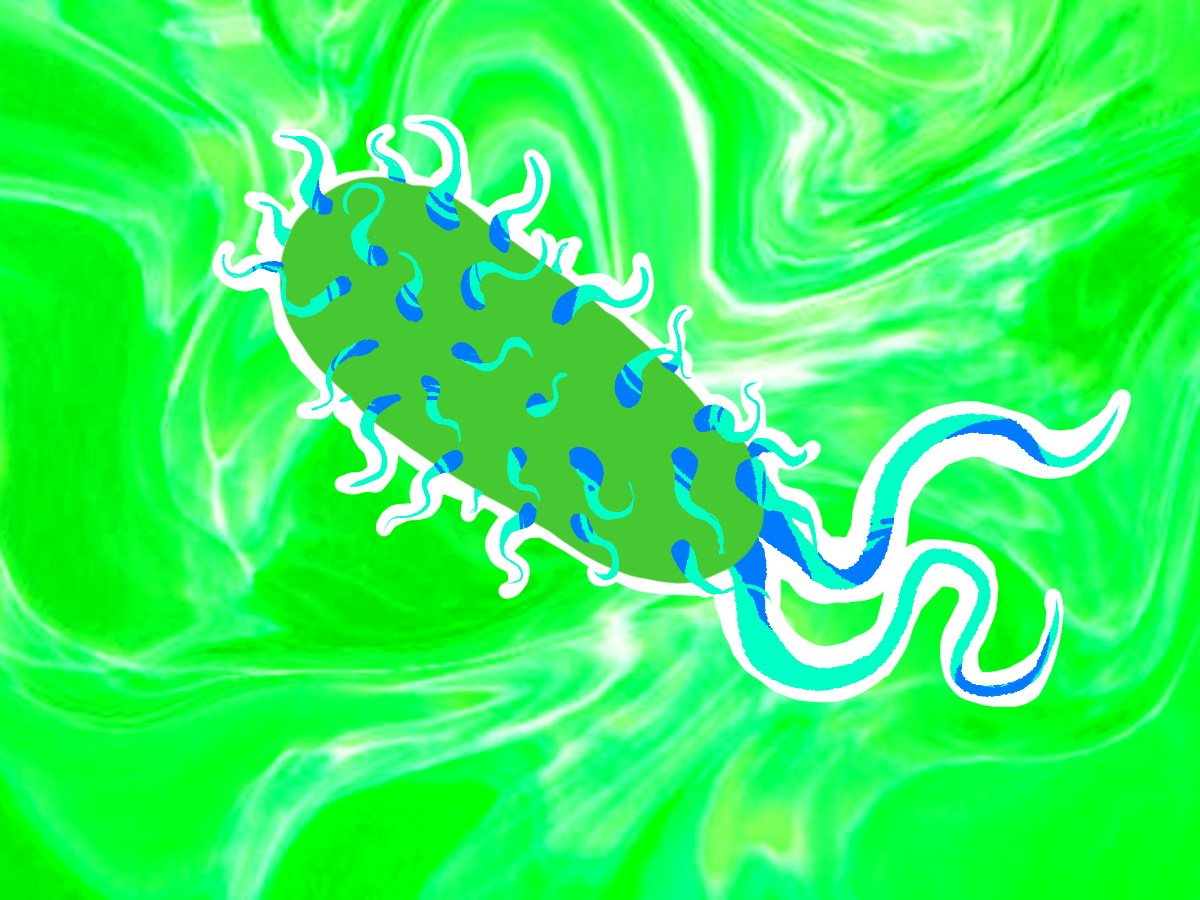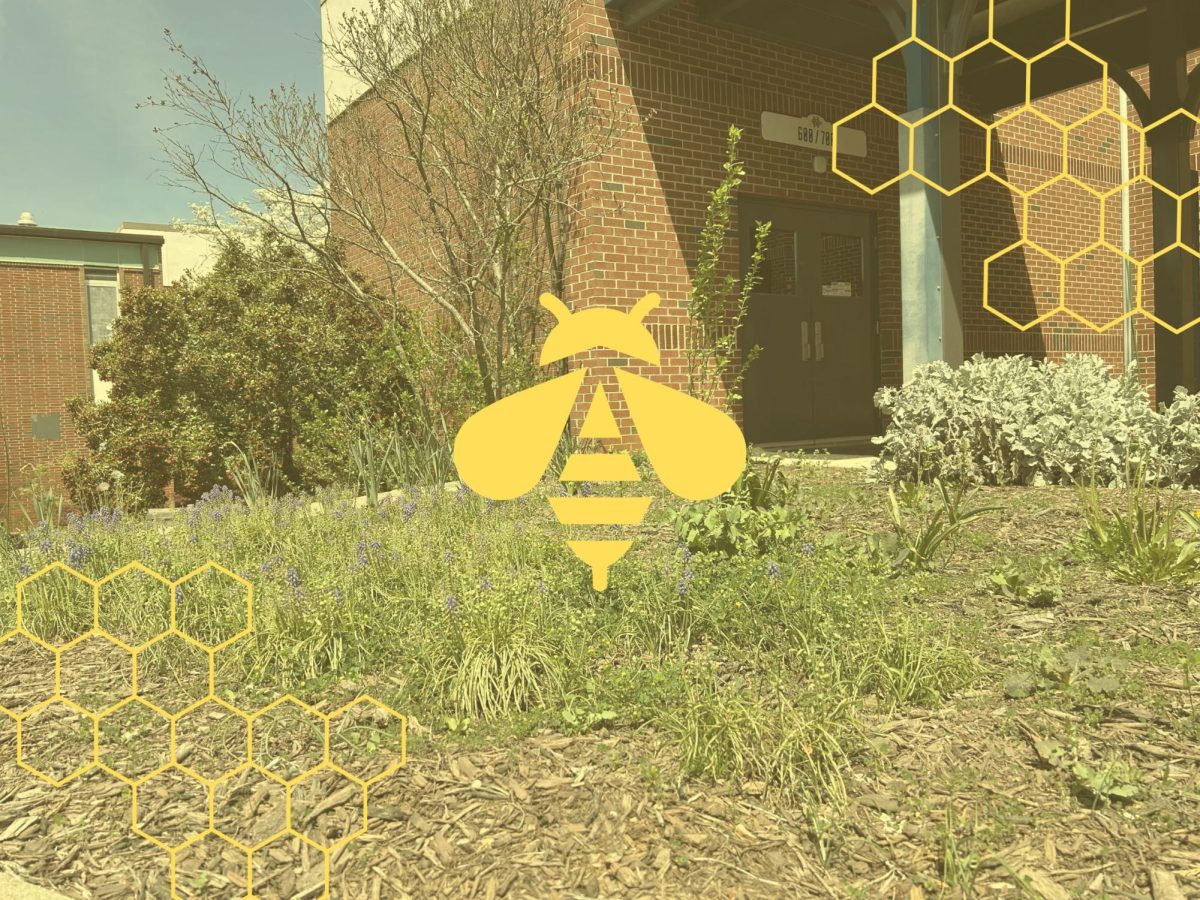With the shocking spread of Covid-19 in 2020, life changed dramatically and quickly for society. Unfortunately, only five years after COVID-19’s first identification, another virus worries the lives of millions. Recently declared a Public Health Emergency of International Concern, Monkeypox (Mpox) brings anxiety and fear to several people.
Discovered in Denmark in 1958, Mpox originated in laboratory monkeys who fell ill while held in a research facility. Over a decade later, the virus spread to a nine-month-old boy, constituting the first human recipient of Mpox. Since then, the Mpox virus has evolved into two different variants; Clade 1 and Clade 2. Clade 1 of Mpox causes harsher symptoms and leads people closer to death. Clade 2, the common clade, fortunately, results in less severe symptoms and a higher rate of survival.
“I first heard about Monkeypox during the first time Covid hit, and as recently as today, I’ve seen information about it on social media. I am a bit worried about Monkeypox because COVID-19 spread so easily after it was first diagnosed. Especially in high school, not many people practice cleanliness so the virus could very possibly spread as rampant as Covid did,” magnet senior Neneh Bah said.
The transmission of both clades of Mpox occurs when one comes into contact with an infected person’s blood, body fluid or open sores. Centers for Disease Control and Prevention (CDC) also states that the virus can spread to anyone who comes into contact with an item not disinfected after being handled by someone with Mpox.
Although at least one documented case of Mpox exists outside of the continent, the disease mainly resides in several areas in Africa, such as Rwanda, Kenya and Uganda. Mpox cases in the Democratic Republic of the Congo comprise 96 percent of all reported Mpox cases in Africa. In Central and East Africa, as of August 17, the Ministry of Public Health in Burundi confirmed 474 cases of Mpox (86.9%) out of their 545 case alerts.
The main symptoms of Mpox include a long-lasting vesiculopapular rash and several flu-like symptoms such as headaches, muscle pains, fevers and respiratory problems. The CDC recommends using a Mpox Vaccine Locator to find the availability of Mpox vaccinations in specific areas. Citizens should also avoid close skin-to-skin contact with anyone who appears to have a rash similar to those of the Mpox type and animals who possibly contracted the virus.
“I don’t think this virus will be as deadly as Covid, considering that Covid is airborne and Mpox is spread through direct contact. I’m pretty sure several sources have confirmed that Mpox is not deadly but should still be taken seriously. I think we all just need to follow any and all public health advice and wash our hands,” Bah said.
Even with a scarce amount of information relating to Mpox, the World Health Organisation (WHO) recommends society take this virus seriously and act responsibly. Although rare and not deadly, the Mpox clades continue to spread and bring worry to the lives of millions. People should prepare for the possibility of anything when it comes to this virus.


















